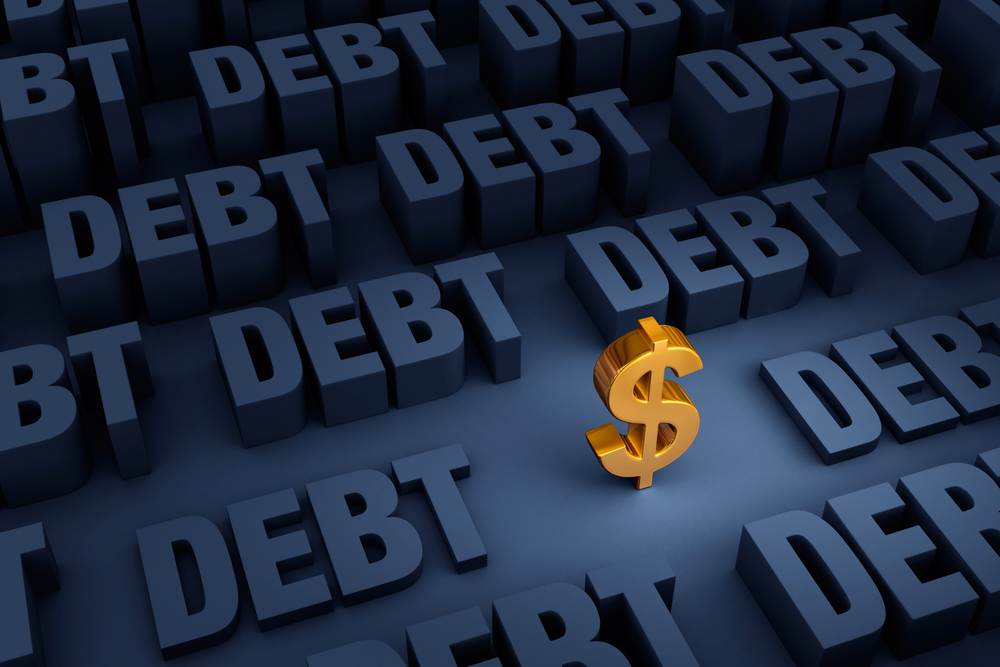When you have unpaid debt, the creditor you owe may hire a debt collector or debt collection agency to collect the debt on their behalf. The debt collector or collection agency will contact you regularly trying to collect the unpaid debt. This practice is not illegal, but it is regulated by the Federal Trade Commission (FTC). Learn more about the regulations here.
Unfortunately, there are scam artists who pose as legitimate debt collectors or collection agencies. They will call you trying to scam you into paying them the money you owe a creditor.
The scammers may have got some of your financial information through
- identity theft
- illegally purchasing your credit report
- trolling the Internet for bits of your personal data.
They can have enough of your information to make you believe they are legitimate.
These types of scams are becoming more prevalent, so you need to know how to protect yourself.
Warning Signs of a Debt Collection Scam
Here are some warning signs you may be dealing with a scam debt collector:
- The caller refuses to give you specific information about the debt they are trying to collect. They should be able to tell you things such as the name of the creditor, origin date and balance of the debt, and payoff information.
- The caller gives you information about a debt you do not recognize or one you believe you have paid.
- The caller asks for your personal information. A legitimate debt collector or collection agency should already the information they need about you.
- The caller threatens you. They may demand that you pay the debt immediately or they will report you to law enforcement. Such scare tactics are against the law. A legitimate debt collector or collection agency should not practice such tactics.
- The caller says the only way you can pay your debt is over the phone by credit or debit card.
- The caller refuses to give you their name, phone number, and address.
What to Do if You Believe You Are Talking with a Scam Debt Collector
You should do the following if you believe a fake debt collector has contacted you:
- Ask the caller for their name, their company’s name, their telephone number, and their street address. If they do not provide this information, end the call.
- Tell the caller you want to receive a written “validation notice” to the address they have on file for you before you discuss anything with them. A legitimate debt collector or collection agency will send a notice to you within 30 days. The notice will include the name of the creditor you owe, the amount owed, and a brief description of your rights.
- Do not give your personal information to the caller. A legitimate debt collector or collection agency will have all the information they need to know about you. If they ask you to confirm information, be sure it is not sensitive information they should not have.
- Contact your creditor yourself. If you do owe a creditor, contact them to see if they have turned your debt over to a debt collector or collection agency. Ask for the collector or agency’s information to check against the information you have.
- Report the phone call to the proper authorities. You can file a complaint with the FTC or your state’s attorney general office.
Getting Help with Your Debt
One reason you may be the target of a scam debt collector is that you are heavily in debt. The scam artist takes advantage of your financial struggles. They use the information to fraudulently get money from you. Even legitimate debt collectors and collection agencies can put undue pressure on you and make your life stressful.
If you are burdened by financial struggles, bankruptcy could be the answer to your problems. It would stop the harassment by debt collectors and collection agencies and give you a chance at a financial fresh start. Contact us for a free evaluation of your financial situation to see if bankruptcy may help you.

